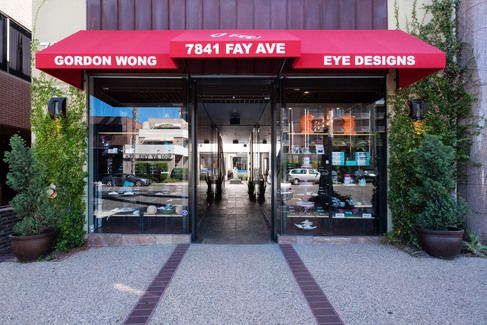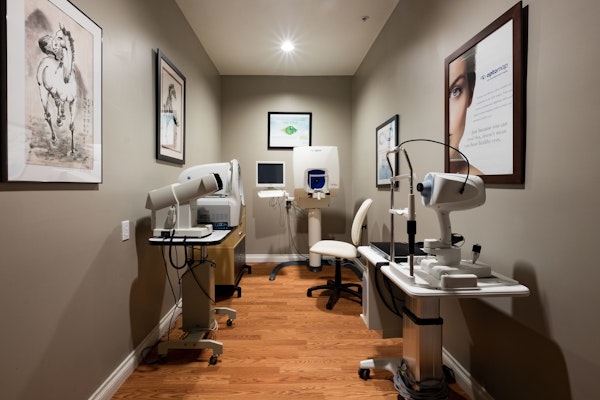Treatment Options for Amblyopia (Lazy Eye)
 Here at GW Eye Associates Inc, we take great care in helping the people of San Diego see clearly and lead a healthy life. In addition to providing stylish prescription eyewear, we can help with the diagnosis and treatment of common and uncommon eye conditions.
Here at GW Eye Associates Inc, we take great care in helping the people of San Diego see clearly and lead a healthy life. In addition to providing stylish prescription eyewear, we can help with the diagnosis and treatment of common and uncommon eye conditions.
One eye condition that many people experience but often understand is amblyopia, which you may also know as lazy eye. Let's consider amblyopia in more detail right now.
What Is Amblyopia?
Amblyopia refers to a type of lazy eye that affects the central vision of a single eye. When someone has amblyopia, it is difficult to see out of the affected eye. In general, amblyopia only affects one of the two eyes, and the unaffected eye sees clearly than the lazy eye.
It's been estimated that between 1 percent and 5 percent of the population suffers from some degree of amblyopia.
What Causes Amblyopia?
Amblyopia is most commonly caused by issues with the optic nerve. When the pathways between one eye and the brain aren't properly stimulated, the brain will compensate for this by favoring one eye over the other. The eye that is not as favored becomes weaker as a result.
There are three kinds of amblyopia that can affect a person's vision:
- Strabismus Amblyopia – This type of amblyopia is caused by strabismus, which is when the eyes appear crossed.
- Refractive Amblyopia – This type of amblyopia is the result of serious refractive error affecting one eye or both eyes.
- Deprivational Amblyopia – This kind of amblyopia occurs when a person suffers from congenital cataracts.
Signs and Symptoms of Amblyopia
Three common signs and symptoms of amblyopia are:
- An eye that tends to drift inward or outward
- Eyes that appear to move out of sync
- Poor depth perception
Patients may also favor one eye over the other in a noticeable way. Symptoms can show up as early as the age of 6, so it's important for parents to bring their children in for regular doctor visits and eye exams so that the problem can be treated as soon as possible.
An eye exam is the sure way to identify if a person has amblyopia, what type of amblyopia the person suffers from, and the ideal option for treatment, of which there are a few.
Corrective Eyewear
Wearing prescription glasses can be helpful for improving vision in the weak eye, but this is typically a temporary fix. The best treatment option, or at least a more ideal one, involves strengthening the weaker eye.
Wearing an Eye Patch
For children with amblyopia, a common treatment involves wearing an eye patch over the stronger eye. By doing this, it forces the child to rely on the weaker eye, in essence exercising that weaker eye and improving vision in the process.
Medicated Eyedrops
Working on a principle similar to the use of an eye patch, a patient may be prescribed special medicated eyedrops that are placed in the dominant eye. These drops help temporarily and safely weaken the dominant eye so that the weaker eye can gradually strengthen itself.
Surgical Correction of Amblyopia
Surgery for amblyopia is generally used to address the eye muscles if the eyes drift apart or inward in a pronounced manner. The surgery can also be performed to address cataracts or problems with the eyelids.
Schedule a Consultation at GW Eye Associates Inc
For more information about treating lazy eye and improving your overall vision health and quality, be sure to contact our advanced eye health and vision care center today. The team at GW Eye Associates Inc are here to help you see clearly and have the healthiest eyes possible.







